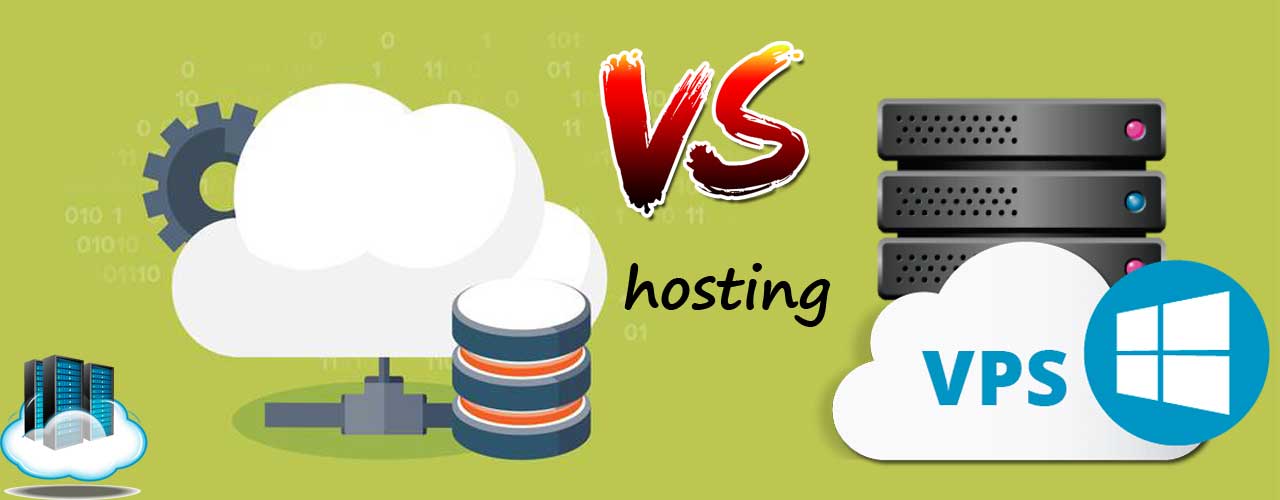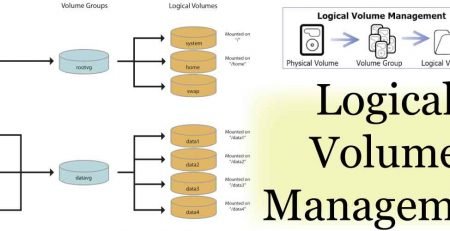VPS Hosting Vs Cloud Hosting – Web Hosting guide
Whether you are considering cloud server or VPS, choosing the right web host provider is critical undertaking. Today there is a great deal of talk revolving around cloud hosting or computing and many companies use these terms interchangeably to talk about both VPS and Cloud servers. As the new Cloud concept is gaining ground, more and more people and companies are wondering what distinguishes these two hosting solutions. At a glance both of these technologies may seem similar, there is quite significant difference between them. To ease your decision making we have prepared a guideline to help you get started.
VPS hosting:
VPS is the acronym of Virtual Private Server, and is a term that refers to a physical hosting server divided into several virtual servers, in which each division maintains an independent and autonomous configuration of all others, without any type of loss in relation to efficiency and performance.It is established on a single physical machine whose resources are shared among multiple users.


Cloud hosting:
Cloud hosting, is a hosting concept that refers to a way of storing all kinds of information in virtually decentralized servers, which are based on multiple different physical locations. It offers great accessibility and configuration, thanks to it not being anchored to only one physical server. This is comes in handy if a specific server experiences technical failures, the system immediately adjusts and forwards tasks to other servers while the problem is being resolved.
In recent years, cloud computing has been gaining increasing relevance due to the advantages it offers, especially at the enterprise level, its greater flexibility and its tolerance to hardware failures.
Performance Comparison
Price model:
Cloud hosting allows for a very flexible price format that only charges for the actual resources you use. However, you are going to pay more for cloud hosting than you would for a standard VPS hosting. In cloud hosting, the provider controls usage of bandwidth and storage space in a cloud environment, this means you’re going to get charged for what you actually use with no upfront fee.VPS pricing is a little more rigid, because you’re allocated a specific amount of storage space and bandwidth on a specific server. Some providers will charge upfront for the hardware that you’re using or the bandwidth allocated even if you don’t use it all.
General Comparison
Security and Control:
On a VPS you are usually given root access to your virtual space with the ability to make changes as you see fit. Most services even allow command line tools to modify your environment at the lowest level. Basically, the server can be maintained the way that you want in terms of operating system used, maintenance, and customized tools. Since root level access is allowed along with customized tools it can be a very secure environment if maintained correctly by an admin.
A cloud hosting environment is usually not as open. Your information is being replicated across multiple servers and the provider handles maintenance and patching. There is also no central location for all your information. If data security is the top concern then cloud hosting may not be the way to go as the provider determines how they want to balance the server workload and the user really has no idea where their information could be hosted at any point.
As we have seen, both forms of hosting have their advantages and disadvantages. Virtual private servers are highly customizable and can be handled very closely by their users. However, their maintenance can be expensive and are susceptible to technical failures or electronic sabotage. VerdictWhat services does your business need? A business that relies on data security and privacy may opt for a strictly VPS approach. If rapid expansion is expected then cloud hosting might be the best option. With the numerous of hosting companies available today there is an option for every personal or business endeavor.













